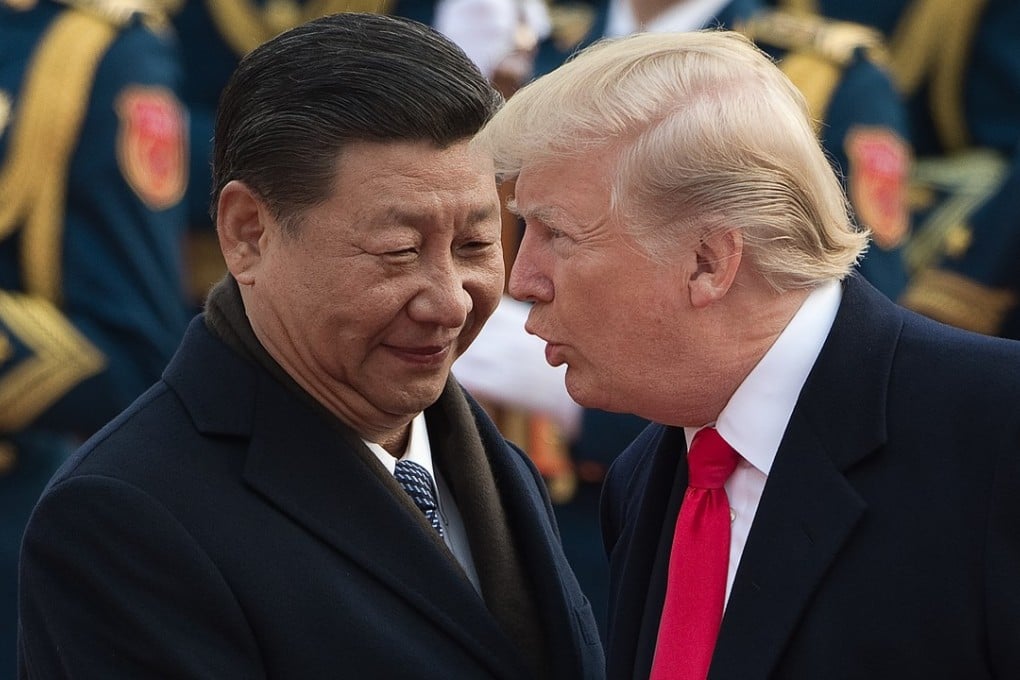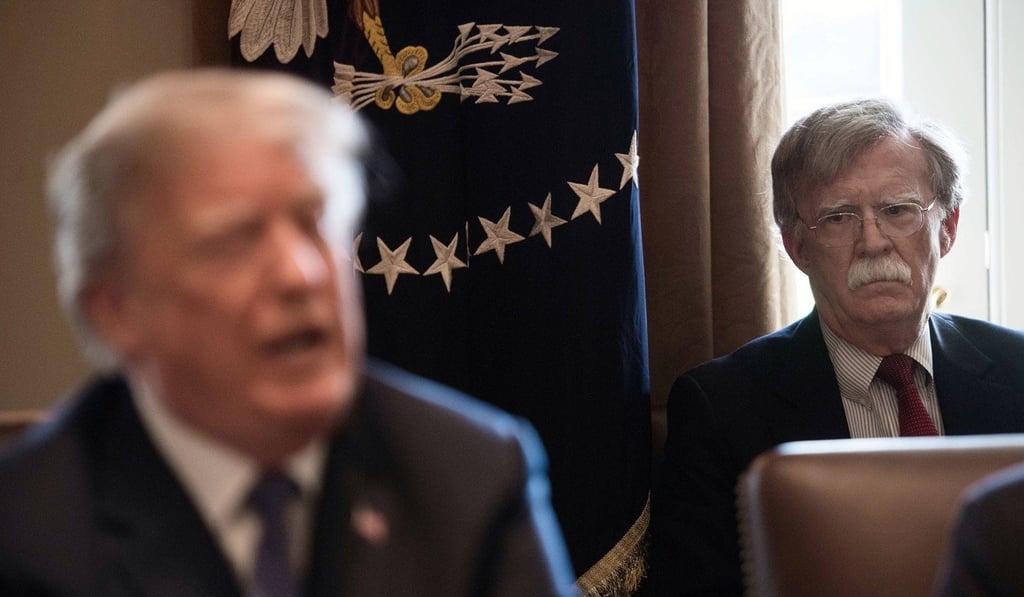On Reflection | What would Chinese hegemony look like? A lot like US leadership
The imperialist US pot just cannot accept the Chinese kettle may not be black. But it is American hegemony – sorry, leadership – that is the true force in need of balancing

Such is the entrenched mindset of many Western politicians and their advisers on strategy and foreign policy that they just cannot conceive of a rising power not wanting to lord it over others, especially those within the sphere of its influence through sheer economic and military might.
In the case of former imperialist powers like the United States, Britain and Japan, it is perhaps natural that their default mode of thinking is to extrapolate from their own shameful history of colonising weak nations and arrogate to China the same rapacious behaviour. The pot just cannot accept that the kettle may not be black. An illustration of this line of thinking can be found in an essay entitled “Life in China’s Asia – What Regional Hegemony Would Look Like” in the March/April issue of Foreign Affairs by Associate Professor of Government Jennifer Lind of Dartmouth College, a private Ivy League research university in the US. Her starting point is that China is likely to supplant the US as the region’s economic, military and political hegemon before long. As that day approaches, she says, America’s allies will face difficult choices – accept Chinese dominance or step up their own defence capabilities as well as join forces with others to counter Beijing.
WATCH: Xi says China “will never pursue hegemony”
Referring to Xi’s past assertions that China has never engaged in colonialism or aggression because of its “peace-loving cultural tradition”, and Beijing’s frequent insistence that it rejects the notion of “spheres of influence”, she says it may be tempting to believe China will be a relatively benign power. “But this is not how regional hegemons behave,” she writes. Contending that China will start breathing down the neck of weaker nations as its power and ambition grow, she writes: “China’s neighbours must start debating how comfortable they are with this future and what costs they are willing to pay to shape or forestall it.”
Trump versus China: is this the dawn of a second cold war?
Lind then recounts the many instances when the US, the former Soviet Union and Japan exercised their hegemony over weaker nations. In one startling example, she points to how US forces had invaded Latin American countries more than 20 times since the beginning of the 20th Century.
On how the US has always claimed the right to intervene in its neighbour’s affairs, in the name of safeguarding its national interest, she quotes American diplomat Robert Olds who said in 1927: “Central America has always understood that governments we recognise and support stay in power, while those which we do not recognise and support, fail.”

Is there any evidence to suggest that China has thought, spoken and acted in a similar vein or will do so very soon? Here is where Lind, in her search for instances of unvarnished Chinese hegemony, cites the elaborate system of tribute which the Han, Tang, Song, Ming and Qing dynasties adopted.
Under this system, neighbouring countries sent diplomatic missions, brought gifts and kowtowed to the Chinese Emperor in exchange for trading privileges. But there is consensus among most students of Chinese history that these tributary states accepted the system because they stood to gain more from it – rather than out of fear of retribution for not playing ball. In short, it was not gunboat diplomacy. Use of force was rare.

